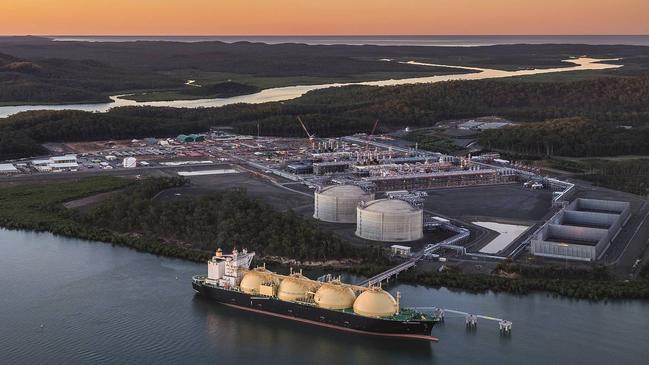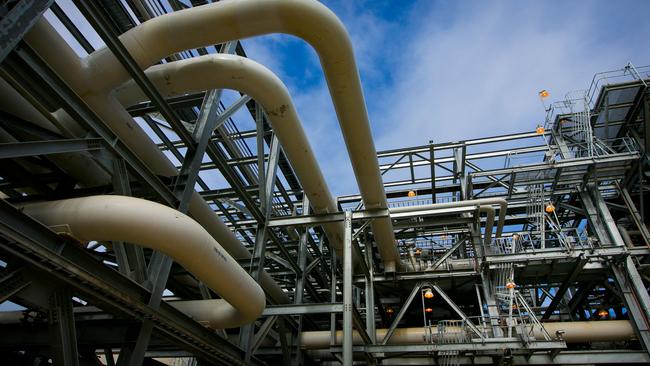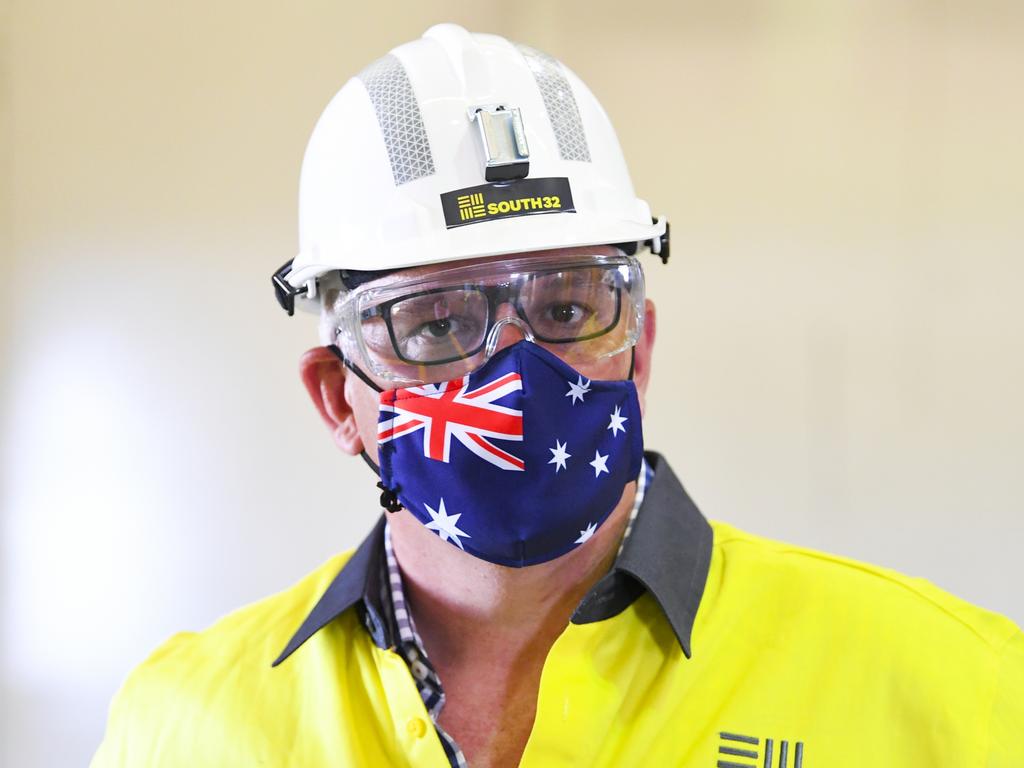
In gas, Australia is unique in the world because almost certainly we have vast reserves of low-cost onshore gas on our east coast that do not require fracking. But the nation chooses to develop its higher-cost gas deposits, leaving the low-cost reserves dormant.
Our high-cost, gas-producing CEOs keep warning the nation that, given Bass Strait is in decline, gas production costs in eastern Australia are high so cheap gas is not economic.
They never explain to Australians that we also have low-cost gas which we choose not to develop. As a result, east coast Australian consumers and industry must suffer.
The looming rise in the price of gas is only partly related to these bizarre antics. It is also closely linked to the global market and the fact that under a new government ruling, while there is going to be plenty of Queensland gas for the local east coast market, it will be priced close to international levels.
And the signs on the international gas stage are ominous because there are fundamental changes taking place in the global gas market which will be inflamed by the regulations new US President Joe Biden is likely to introduce to curb US oil and gas production.
The global LNG price gyrations over the last seven months have shown how important the US has become to gas supplies.
Last June the price of gas slumped to around $US3 a gigajoule. The US slashed LNG exports.
Suddenly in December and January a severe winter hit China and Japan. With limited US gas, LNG prices skyrocketed tenfold to above $US30 a gigajoule. Queensland producers continued selling in the Australian market at around $6. Therefore in June producers enjoyed receiving prices above the depressed world market but in January the Australian price was way below booming world levels. Since then global prices have fallen back to around $US7 or $US8 a gigajoule. Under the latest government rules Australian demand must be satisfied first but the Queensland producers will want to sell at prices near international levels.
The big Australian gas users want to lock in a two to three-year prices so that they have predictability.
But the Queensland producers believe there is a real chance that in the next three years there will be another January 2021 style bonanza which they would miss out on if they locked in today’s price for three years.
Accordingly, they are talking about long-term prices of around $US10 which are substantially above the 2020 Australian level. Eastern Energy, which specialises in longer-term arrangements, is using its knowledge of pipeline and production situations to get long-term contracts around current prices but it’s limited to 5 per cent of the market.
Not one major gas user has publicly pressed for development of Australia’s low-cost gas.
There has been pressure to develop Narrabri but it is a high-cost field.
It is as though there is some secret Australian agenda that favours high prices.

Australia’s vast low-cost onshore gas reserves in Gippsland in Victoria were located by Exxon more than 20 years ago. With Bass Strait declining, in conjunction with BlueScope, Exxon wanted to develop them but was blocked by the Victorian government. When the Victorian ALP government enshrined bans with blocking legislation (which has now lapsed) the owners of the Gippsland leases relinquished them. The Victorian government, led by Premier Daniel Andrews, apparently does not want any additional gas production – and certainly not low cost production---because it would affect its carbon credentials. Victorians use more gas domestically than any other state.
The ALP in Canberra is starting to understand but its ultra green policies to gain inner city votes is reducing its support among its traditional voter base.
There are many who believe but we should bypass investment in gas and wait for non-carbon technology such a hydrogen to develop to support wind and solar power generation and industry.
China is swinging from coal to gas and Europe is looking to swing from burning wood to gas because eventually somebody will wake up that Europe’s carbon emission figures are rigged, because Europe doesn’t count the burning of wood as a carbon emission which is complete fiction
I must add a low-gas cost caveat. When the government banned the development of Gippsland gas the additional $20m to $30m that was required to prove up the reserves was not spent. Obviously the statement that Australia has immense low-cost gas reserves depends on that extra drilling.
But the Exxon work showed that very few places in the rest of the world can match Australia’s low-cost gas because it’s dissolved in deep water which is brought to the surface and separated. Moreover it’s next to a pipeline which connects it to Melbourne and Sydney. The water by-product can be used to make Gippsland droughtproof.
The local Victorian media goes along with Daniel Andrews’ campaign not to have the gas developed. But eventually as the price of gas rises to consumers and industry as a result of this ban it will become clear that the high gas price suffering is government-created.
And big users, instead of complaining, might also join the campaign to open up the reserves. Farmers will enjoy a share of the proceeds and will never have to worry about drought again. The Victorian opposition might even wake up.





Australians need to prepare for further, partly self-inflicted, substantial rises in gas prices.